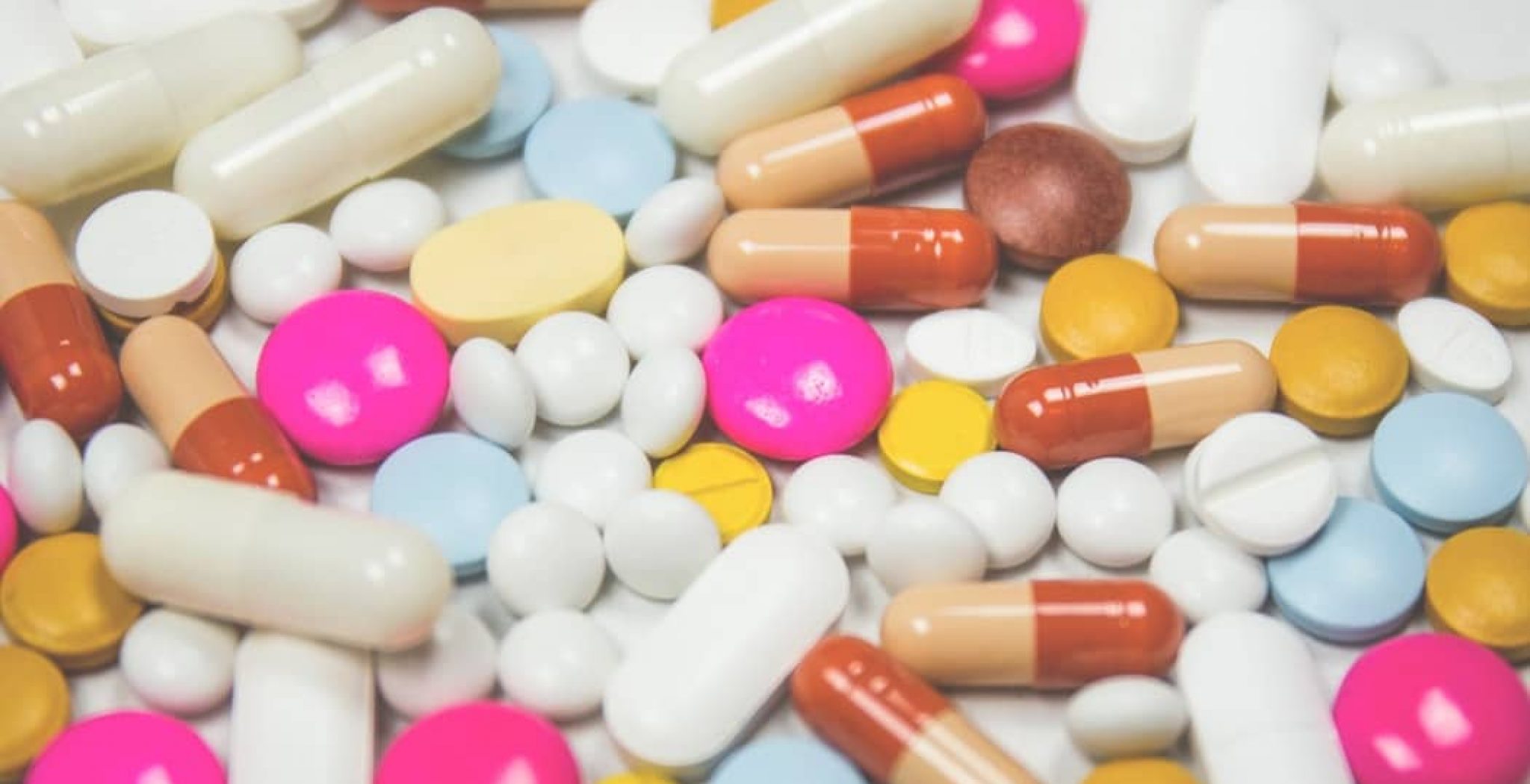People who drink or use drugs recreationally may think that they understand the effects that these substances have on their bodies. If they use them habitually, they may feel certain about what to expect after taking them. However, combining these substances can lead to surprisingly unpredictable and potentially quite dangerous effects. While abusing just one substance can heighten the risk for a health emergency, using two or more together can magnify that risk.
Combined drug intoxication (CDI) has led to an increase in emergency room visits across the country. In fact, in a recent year, half of the emergency room visits involving alcohol also involved a secondary drug–a prescription or illicit drug. Also referred to as polydrug abuse, combined substance use can lead to lethal consequences. Here, we’ll explore the dangers of CDI, the symptoms of alcohol and drug toxicity, and how to identify the differences between intoxication and overdose.
The Dangers of Mixing Drugs
Mixing drugs or mixing drugs and alcohol can lead to combined drug intoxication. Often, people combine these substances knowingly in order to intensify the pleasurable effects of intoxication or high. Many times, however, a person may take an illicit drug not realizing that it has already been combined with another drug. This can lead to deadly outcomes.
While it’s never wise to mix any chemical substances together or with alcohol, certain combinations are especially risky. For instance, taking methamphetamine and cocaine together can increase the risk for heart attack. Both of these drugs are stimulants and even when taken alone carry a risk for heart attack. Taking them together only heightens that risk.
Taking two depressants together such as heroin and alcohol or prescription painkillers like fentanyl or oxycontin threatens the body in a different way. These substances can suppress respiratory function.
Heroin targets the reward center of the brain but that area also controls respiratory function. Heroin suppresses this part of the brain but when combined with alcohol, that suppression is intensified even more. Consequently, the risk for overdose is greatly heightened.
Side Effects of Mixing Drugs Together or Mixing Drugs and Alcohol
Abusing substances together can lead to more rapidly occurring intoxication. Taking too much of one or another substance or the combination of two substances can produce unwanted health effects that may include:
- Heart irregularities
- Liver damage or liver failure
- Brain damage
- Coma
- Suppressed breathing
- Respiratory failure
- Seizures
Even though people may believe that they know how each substance affects them, using two known substances together can have unpredictable outcomes. The fact is, most fatal overdose deaths involve more than one substance. Mixing drugs is a deadly practice.
Risks of Polydrug Addiction
When individuals abuse multiple substances together on a routine basis, they increase their risk for polydrug addiction. Substance addiction is a chronic condition that has no cure other than abstinence. Chronic abuse of drugs and alcohol will lead to the deterioration of mental and physical health.
Although some people think that abusing more than one substance will decrease the likelihood of becoming dependent on one substance. The risk is that they will actually become dependent on more than one substance.
What Drug Combinations Should You Avoid?
Unless your certified doctor prescribes you to take two drugs at the same time, you shouldn’t combine any drugs–prescription or illicit. Moreover, you shouldn’t use drugs with alcohol either. There are no safe recreational substances you can take together. Mixing two stimulants, two depressants, or stimulants and depressants carries substantial risk for a health problem or life-threatening health emergency.
What Are the Symptoms of Combined Drug Intoxication?
If you or a loved one is abusing more than one substance at a time, you may note certain effects. First, intoxication may occur more rapidly than a past experience using just one substance or the other. These symptoms may include:
- Drowsiness and fatigue
- Feeling overly hot or cold
- Slurred speech
- Reduced coordination
- Brain fog
- Dizziness
These symptoms may be mild, but they can quickly escalate in severity.
What Is the Difference between Combined Drug Intoxication and Overdose?
A person may feel intoxicated after taking two or more drugs. The feeling of intoxication may be pleasurable at first but then may involve some of the effects listed above. Intoxication can also involve other unpleasant symptoms such as headache, vomiting, and nausea.
It’s often a fine line between intoxication and overdose. Symptoms of intoxication can quickly progress to become alarming. You should suspect a health emergency if the following symptoms are present:
- Paranoia
- Slow or erratic pulse
- Chest pain
- Awake but unresponsive
- Hallucinations
- Blue lips or fingernails
- Choking
- Making gurgling sounds
- Loss of consciousness
These symptoms necessitate emergency medical care. Remember, even with immediate medical care, overdose may not be reversible. Substance overdose can cause permanent health issues such as brain damage or organ damage; of course, it can and frequently does cause death.
Coping with a Substance Abuse Problem
Whether you abuse one substance or multiple substances, you are putting your mental and physical health at risk. Polydrug use only heightens the risks. If you are struggling with a chemical dependence and find that you can’t stop using drugs or alcohol, you should seek treatment.
An addiction can undermine not only your health but also every important aspect of your life such as your significant relationships, finances, and career. High-quality addiction treatment can help you end your dependence on drugs or alcohol and safeguard your future.
Southern California Sunrise Recovery Center specializes in drug and alcohol addiction treatment. We feature a safe and supportive environment where our clients can immerse themselves in treatments designed to help them manage their addiction and prevent relapse. Our clinicians and addiction specialists have years of experience as well as the formal expertise needed to address problems like polydrug addiction and dual diagnosis.
If you’re suffering from an addiction, don’t wait to get help. We can provide you with an evaluation in order to recommend the right course of treatment for you. Call us today to learn about our enrollment process.






